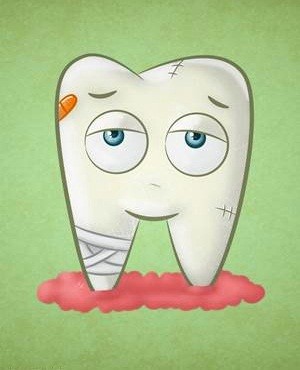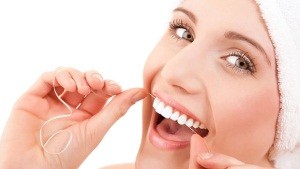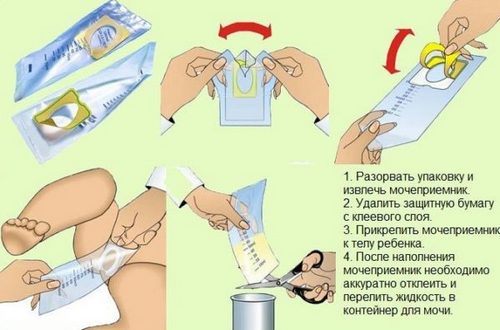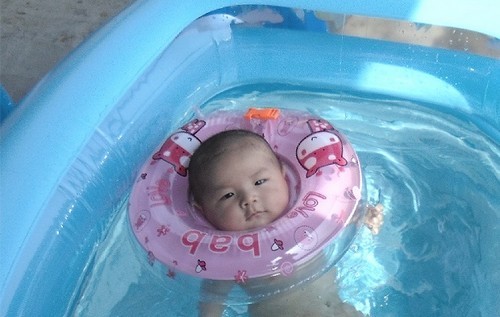When waiting for a baby, a woman’s teeth become the most vulnerable. The deterioration of the teeth is observed in the fair sex, who do not have dental troubles before pregnancy.
Often, urgent treatment or tooth extraction with a lesion is required.
It is important not to harm the baby and carry out the procedure with the greatest comfort for the expectant mother.
The causes of dental problems during pregnancy are:
- Hormonal restructuring of the body. An increased level of progesterone helps increase blood circulation in the gums, which causes their friability and increases the risk of microbes that provoke the development of stomatitis, gingivitis (a life-threatening baby) and caries.
- Toxicosis. The phenomenon is accompanied by the loss of mineral substances in the body during the manifestation of nausea and vomiting, which increases the fragility of the teeth.
- Weakening of the immune system, which has a negative effect on the body as a whole.
- Change in taste preferences. As a result, a woman consumes a lot of carbohydrates, which cause tooth decay and the appearance of microbes.
- Frequent stresses.
If you do not observe measures to prevent dental diseases during pregnancy, you may need to remove the tooth.

What is the danger?
Can pregnant women remove teeth? Dentists recommend curing diseased teeth before pregnancy. Any interventions by a specialist during the period of bearing a child are stressful for both the woman and the fetus.
Anesthesia and X-rays, which are required before the tooth extraction procedure, can also have a negative effect.
In life, it is not always possible to carry out treatment before pregnancy, and often a woman has an unbearable toothache when waiting for a baby, forcing him to consult a doctor.
During a visit to a doctor, a woman must inform a specialist about her pregnancy.
In this case, the dentist will conduct an examination and determine the treatment methods, during which special anesthetics will be used that perfectly relieve pain and do not harm the health of the unborn baby.

The choice of painkillers
Most modern drugs to reduce sensitivity during dental procedures have no side effects and contraindications.
Despite this, doctors with special attention and caution approach the issue of pain relief during pregnancy and often use Ultracaine.
The benefits of Ultracaine include:
- safety for women and children (the product is not able to penetrate the placenta and has a reduced content of vasoconstrictor substances);
- high efficiency;
- quick action;
- elimination from the body in a short time.
During the tooth extraction procedure, the drug has a sufficiently persistent effect to eliminate discomfort and pain in a woman.
The drug Ubistesin, used at a concentration of 1: 200000, has a similar effect.
When can and when not?
It is undesirable to remove teeth in the first trimester, in early pregnancy, due to the formation of important organs and systems of the baby during this period. And also in the 3rd trimester due to the high probability of the onset of premature birth.
At this point, the formation of the placenta is observed at a level sufficient to protect the baby, and a significant strengthening of the woman’s immunity.
Today, many medical clinics use special devices – radiovisiographs to reduce the radiation dose by a factor of ten when taking a picture, which is most acceptable if you need an x-ray in pregnant women.
It is undesirable to remove teeth after 32 weeks of pregnancy due to the high risk of premature birth.
Indications
The extraction procedure is carried out in emergency cases in the following situations:
- acute ongoing pain;
- injuries
- development of malignant tumors;
- occurrence of cysts;
- nerve inflammation;
- capture by the inflammatory process of the entire oral cavity.
Tooth of Wisdom: Pros and Cons of Removal

Often, while carrying a baby, a woman is bothered by wisdom teeth. Extraction in this case can lead to negative consequences for the pregnant woman:
- the development of inflammatory processes;
- increase in body temperature.
With the manifestation of such symptoms, the appointment of antibacterial drugs is required, the use of which for the expectant mother is unacceptable at any time.
Therefore, dentists do not remove wisdom teeth in women during pregnancy, if it is possible to postpone the procedure and perform it after the birth of the child.
Aftercare
For speedy healing, the dentist does not recommend a woman rinse her mouth.
The specialist will advise the medicines needed after extraction:
- Painkillers. Most often it is Paracetamol. The dose of a single dose should not exceed 0.5 grams of the drug. You can drink the drug up to 4 times during the day after a meal. A maximum of 4 grams of Paracetamol is allowed per day.
- Antibacterial drugs. The safest for pregnant women is Amoxiclav. The average daily dose is 375 mg with an interval of 8 hours 3 times a day or 625 mg 3 times a day.
After the extraction is carried out, it is forbidden to warm the wounded surface.
Dental Disease Prevention

To reduce the likelihood of the need for treatment or tooth extraction during the expectation of the baby, careful oral care is necessary:
- Use dental floss.
- Teeth should be brushed at least 2 times a day for 3-5 minutes. After each meal, it is recommended to rinse your mouth with warm water.
- Prefer toothpastes based on natural ingredients – mint, sea buckthorn, sage.
- Toothbrush is best changed every 2-3 months. The hygiene item should be of medium hardness with bristles of various lengths.
- Useful components of the paste will be calcium and fluoride.
- Give up bad habits. Smoking not only destroys teeth, but also adversely affects the child, leading to pathologies and impaired development of crumbs.
- Eliminate stressful situations.
To avoid dental problems, before pregnancy, at the planning stage, it is recommended to undergo a thorough dental examination and carry out the necessary treatment if necessary.
If there is pain in the teeth while waiting for the baby, do not endure discomfort. Seek help from specialists who will determine the problem and find the most acceptable and gentle way to get rid of pain.



